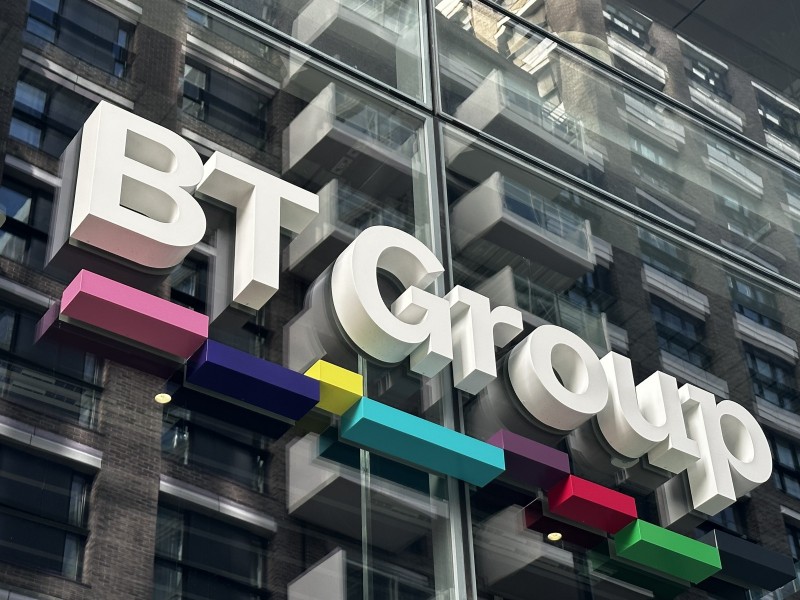The UK government has announced plans to invest £1 billion in the semiconductor industry over the next decade, with £200 million of this amount being invested in the next two years.
The investment will be used to facilitate design, research and collaboration in semiconductor manufacturing. The government also wants to improve the resilience of the semiconductor supply chain.
The government predicted the global semiconductor will grow to $1 trillion by 2030. Semiconductors have a wide range of uses and will underpin future technologies such as 6G, quantum and AI.
A new UK semiconductor advisory panel will bring together key people from industry, government and academia to put the strategy in place. Some of the investment will be used for training, so that people can gain the skills need to work in the industry.
An incubator pilot scheme will work with startups on removing barriers which help them to grow. The government said this scheme will provide better access to technical resources as well as coaching and networking.
“Semiconductors are the beating heart of all electronic devices, from powering our phones and cars to medical equipment and innovative new technologies like quantum and AI which will make a real difference to all of our lives,” said Chloe Smith, science innovation and technology secretary.
“Britain is already a world leader when it comes to researching and designing semiconductor technology – our new strategy will double down on these core strengths to create more skilled jobs, grow our economy, boost our national security and cement the UK’s status as a global science and technology superpower,” Smith added.
Critics of the delayed package of support for the industry have however accused the UK government of not going far enough. The chair of the House of Commons Business Select Committee, Labour MP Darren Jones, said that "the initial £250m is a very small amount of subsidy compared to other countries".
Labour also pointed out that the £1bn figure was less than the cost of one basic semiconductor plant, shadow culture secretary Lucy Powell stating: “Rather than the £1 billion headline, the reality is £200 million over the next three years – significantly less ambition than our competitors.”
A consultant for Gartner said that while the funding would be fine for research, the funding is "insignificant" if the UK wants to compete with major players in the industry like Nvidia and Broadcom.
Latest News
-
The top technology trends to expect in 2026
-
The most read National Technology News stories of 2025
-
Lyft and Uber sign deals with Baidu for robotaxi trial in London
-
Nextdoor launches AI-driven self-serve ads platform for small businesses
-
Italy's antitrust fines Apple €98.6m over alleged App Store dominance
-
Visa partners with UAE real estate firm to launch voice-enabled agentic commerce payments
The future-ready CFO: Driving strategic growth and innovation
This National Technology News webinar sponsored by Sage will explore how CFOs can leverage their unique blend of financial acumen, technological savvy, and strategic mindset to foster cross-functional collaboration and shape overall company direction. Attendees will gain insights into breaking down operational silos, aligning goals across departments like IT, operations, HR, and marketing, and utilising technology to enable real-time data sharing and visibility.
The corporate roadmap to payment excellence: Keeping pace with emerging trends to maximise growth opportunities
In today's rapidly evolving finance and accounting landscape, one of the biggest challenges organisations face is attracting and retaining top talent. As automation and AI revolutionise the profession, finance teams require new skillsets centred on analysis, collaboration, and strategic thinking to drive sustainable competitive advantage.
© 2019 Perspective Publishing Privacy & Cookies








Recent Stories